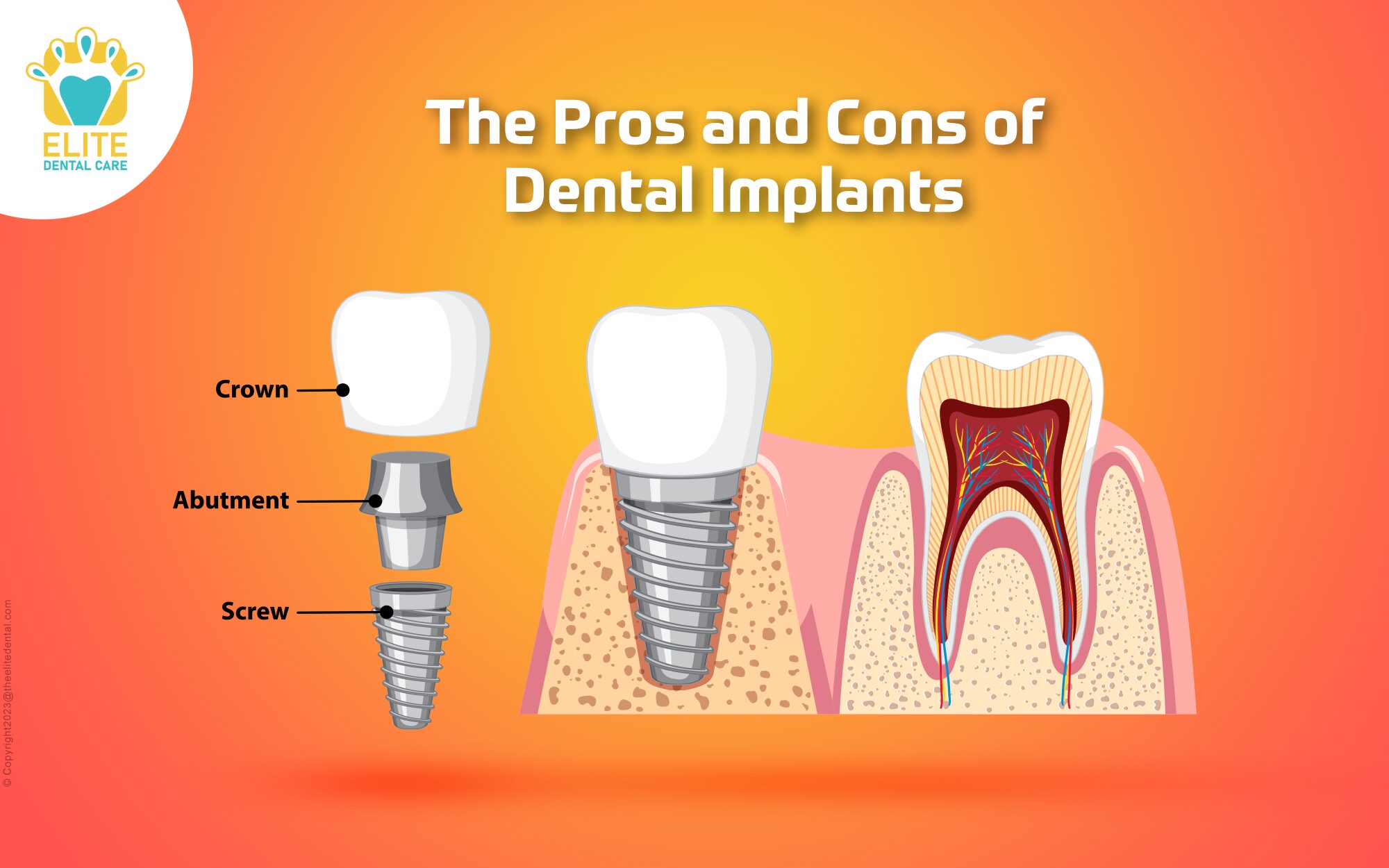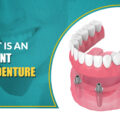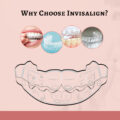
hygiene tipslingual bracesoral healthRoot Canal TreatmentTeeth WhiteningTooth Extraction
edental
19 March 2024
The Pros and Cons of dental Implants
Dental implants are placed under local anesthetic, take six to twelve months to complete, and need around ninety minutes of surgery in total. Though more expensive and not appropriate for everyone owing to surgical limitations, Dental implants provide a long-lasting, natural-looking tooth replacement. We’ll weigh their benefits and drawbacks in comparison to other dental treatments.
Benefits:
When crowned, dental implants are often quite durable and closely resemble natural teeth in appearance and texture. Compared to existing alternatives, they have several advantages.
By keeping the jawbone under tension after tooth removal, dental implants help stop bone loss. Within six months post-tooth extraction, studies reveal that around thirty percent of the alveolar ridge is lost; nevertheless, implants can assist in maintaining bone density by slowing down the pace of resorption.
In 98 patients with implant-supported overdentures, the study found no implant failures after three years, showing great survival rates and an enhanced quality of life with low risks.
Drawbacks:
The disadvantages of implants are as follows:
- Higher cost, frequently not covered by insurance
- Needs repeated consultations and dental surgery over a period of 6 to 12 months
- May require bone grafting
Risks include:
- Bleeding, infection, and implant failure
- Damage to adjacent tissues
- Tissue, nerve, or gum recession
- Smokers had higher failure rates (11%) than non-smokers (5%)
Conclusion:
Dental implants are strong substitutes for tooth roots that hold up crowns, bridges, and dentures. They are more expensive than other prosthetic choices while having natural looks and durability; speaking with a dentist can help determine fit.




